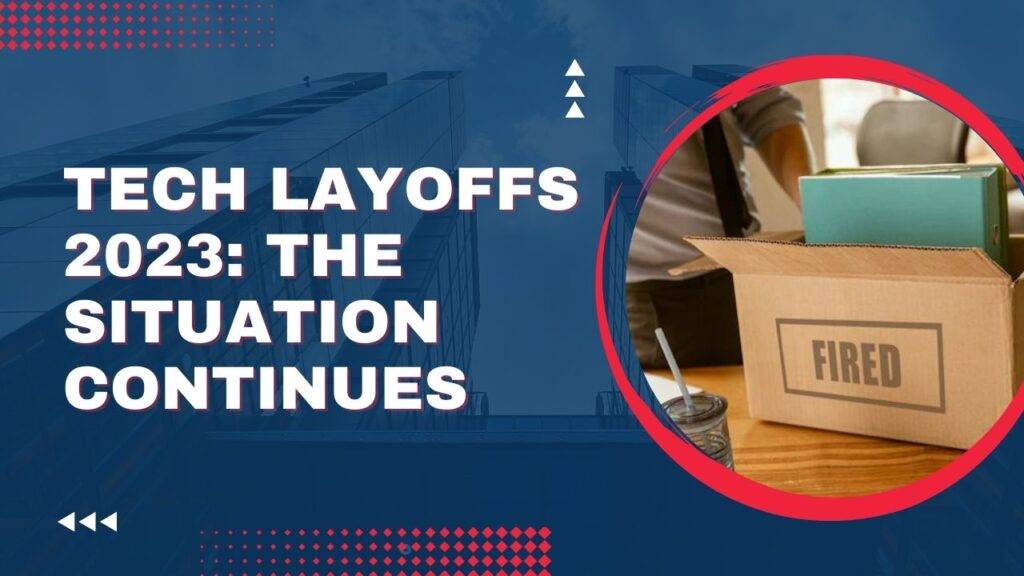The United Kingdom is moving forward as a forerunner in directing AI (artificial intelligence). The UK’s Specialization for Science, Innovation, and Technology is drafting laws. These will help govern the development and deployment of advanced AI regulations following the EU’s AI Act. This move reflects a worldwide agreement on the requirement for responsible artificial intelligence practices.
Why Regulate AI?
AI regulations can change diverse areas, from medical services and money to transportation and manufacturing. However, along with its advantages lie ability risks. Effective language models enhance issues of incorrect information and manipulation. However, biases in training data can lead to discriminatory algorithms.
The UK authorities acknowledge these concerns while also aiming for stability. They want to lay out an administrative structure that encourages development while moderating risks. This pro-innovation technique, as illustrated in an ongoing white paper, looks to:
- Protect Citizens From Harm: Regulations will address problems like algorithmic bias, privacy violations, and the ability to misuse AI.
- Maintain Public Trust: Clear recommendations will help ensure responsible AI development and deployment, fostering public confidence in the technology.
- Support A Thriving AI Ecosystem: A proportionate regulatory framework will encourage continued innovation and investment inside the UK’s AI region.
How Is The UK Drafting AI Regulations?
The details of the UK’s AI regulations are still under development. However, based on pronouncements from the DSIT and insights from the EU’s AI Regulations Act, we can assume the following:
Risk-Based Approach
The regulations will possibly classify AI systems primarily based on their potential for harm. High-risk systems, such as those utilized in crucial infrastructure or autonomous vehicles, will face stricter scrutiny.
Focus On Specific Areas
Early reviews recommend a specific focus on regulating large language models (LLMs)—effective AI regulations able to produce human-quality text. The purpose might be to deal with issues like incorrect information and ability misuse.
Principles-Based Framework
Similar to the EU’s approach, the United Kingdom’s policies might be constructed on a fixed set of core concepts. Thus allowing for flexibility and version as the AI era continues to adapt. These concepts ought to encompass equity, transparency, accountability, and safety.
Collaboration And International Alignment
The UK government recognizes the significance of worldwide collaboration in AI governance. They plan to interact with different nations to ensure interoperability among different regulatory regimes. This might be critical for fostering international environments that promote accountable AI development while minimizing disruptions to worldwide trade.
The drafting technique will likely involve consultations with various stakeholders, including enterprise specialists, academics, civil society companies, and the public. This will ensure that the final regulations are comprehensive, effective, and reflect diverse perspectives.
The Road Ahead
The UK’s initiative to draft AI regulations is a step towards the responsible development and deployment of this powerful era. While the particulars are yet to be concluded, the proposed strategy appears to be encouraging. This is what we can anticipate in the coming months:
Further Details On The Regulatory Framework
The DSIT will probably launch extra information on the particular rules being drafted. It will consist of the classification system for AI structures and the core principles that will guide the framework.
Public Consultations
The authorities will in all likelihood maintain consultations with stakeholders to gather feedback and refine the draft regulations.
Legislative Process
Once finalized, the regulations will need to be passed through Parliament before becoming law.
The UK’s approach to AI regulations is being carefully watched with the aid of other countries. Its success ought to pave the way for an extra-harmonized global method to govern this transformative generation. As AI continues to adapt, establishing clear and effective rules might be vital. This will ensure that its advantages are maximized while minimizing potential risks.



